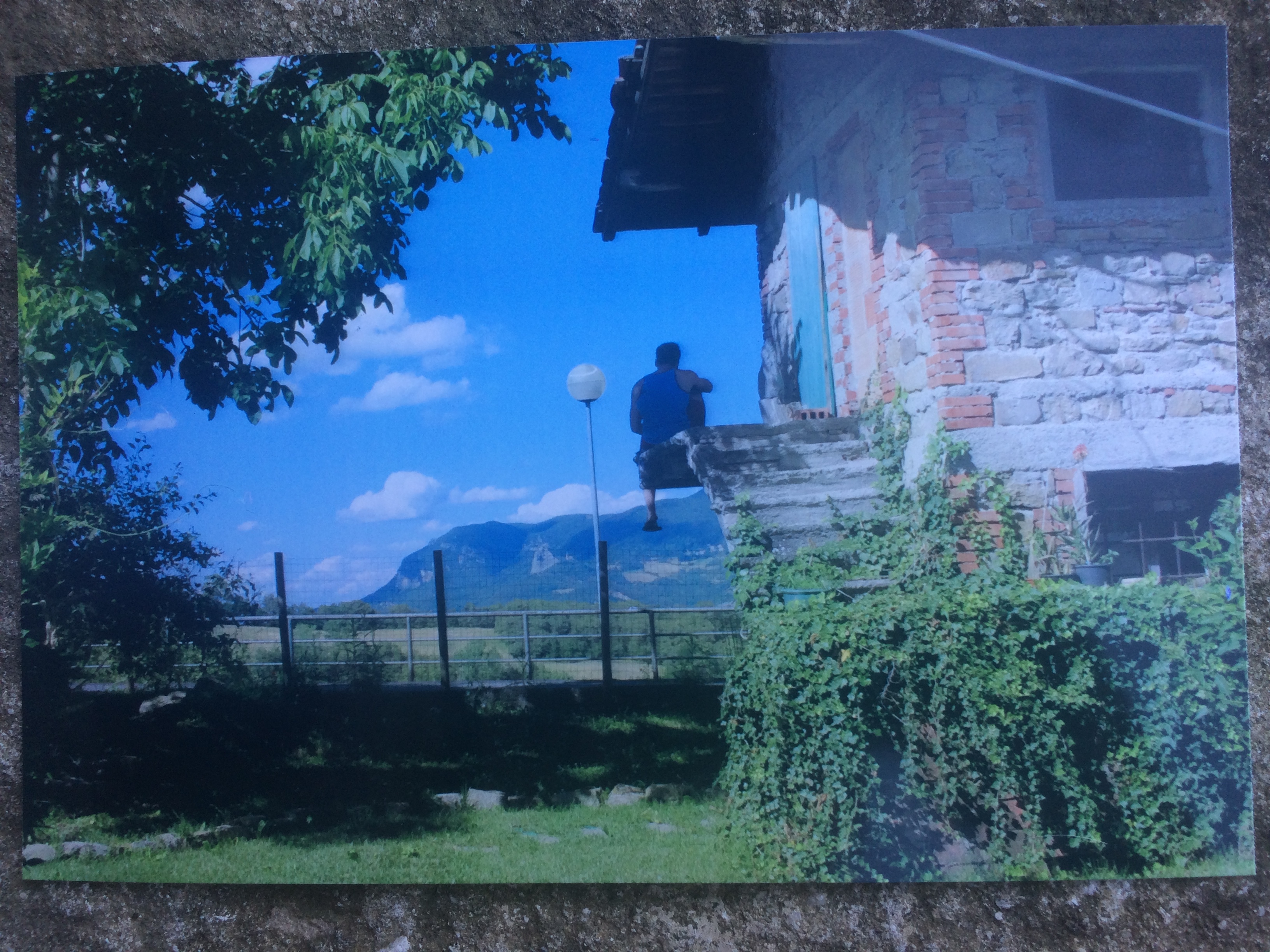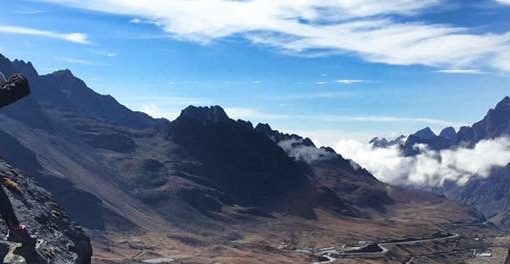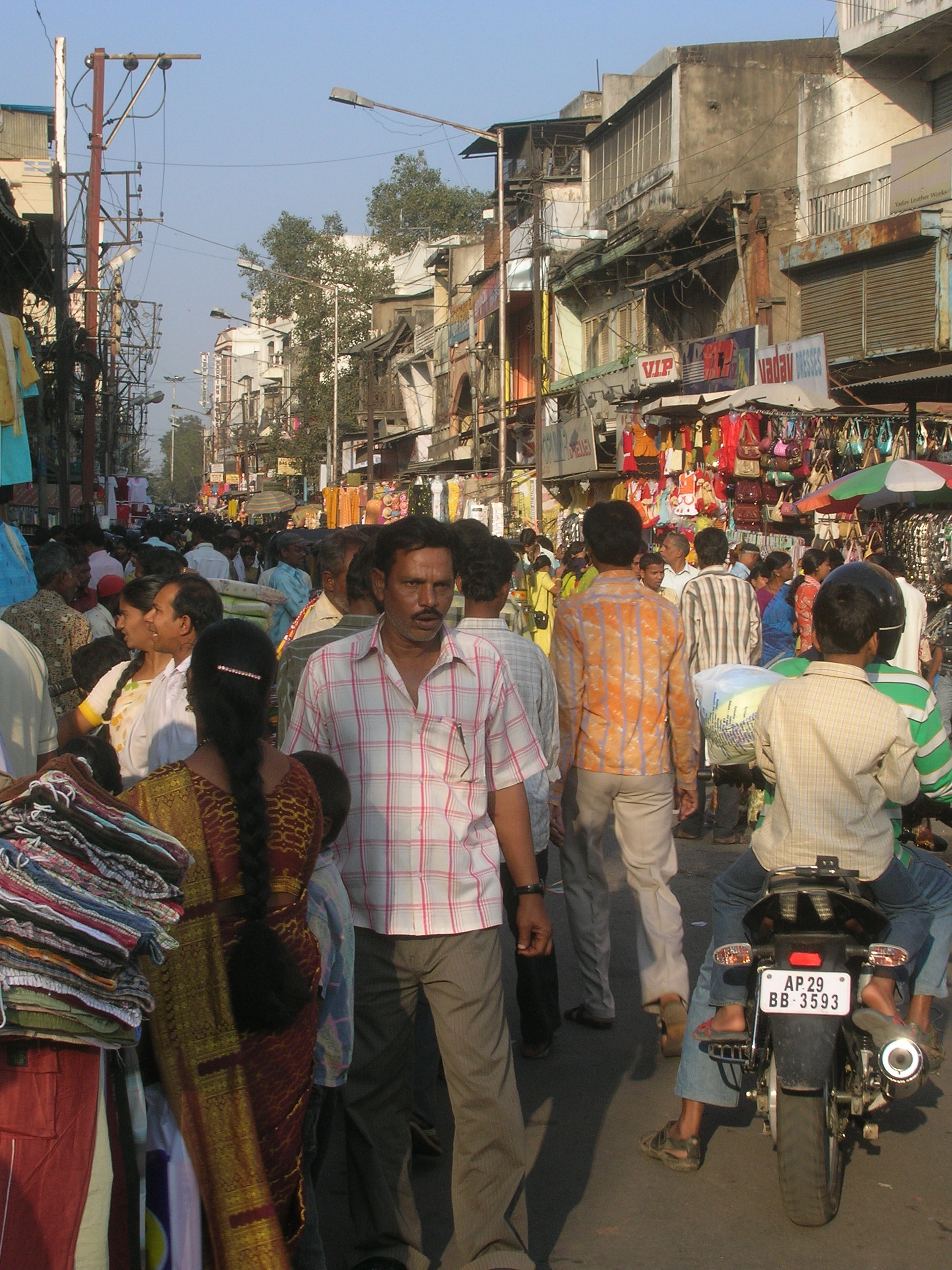For me, travel is not an extended pilgrimage to museums, UNESCO World Heritage sites, beautiful beaches, or even Anthony Bourdain recommended foodie destinations (although, this is something that is near and dear to my heart).
While I’ve been incredibly fortunate to travel to some breathtakingly beautiful places in the world, it’s more than a vacation. It’s a learning process. About the world, certainly; but perhaps more importantly, about myself. Experiences like these shape you. You may not know how at the time, but they do. They should change you.
Here’s why I travel:
It Pushes You:
- Challenges your basic assumptions about yourself, your beliefs, your stereotypes, and what you perceive to be normal. These assumptions accumulate naturally and traveling allows you to shed these assumptions in order for you to grow into a more complete understanding of the world around you.
- Forces you to confront uncomfortable realities in the world that you are more effective at avoiding back home: poverty, death, sickness, discrimination, political instability, unequal or lack of basic rights and freedoms, to name a few.
- Requires you to try something new and to learn every day. Even basic everyday tasks, like eating breakfast, become learning experiences.
- Requires you to accept and embrace ambiguity. You won’t always know where you are, where you’re going, or how you’re going to get something done. At some point, you finally realize how much is outside of your control and that it’s impossible to project all possible outcomes. When traveling for an extended period, your known horizon drops significantly. Working a secure job with a mortgage gives you an effective 30-year horizon. When you’re traveling, your time horizon drops to 3 days, or less. Dealing with ambiguity that is less than couple days away is challenging, but at some point you’re forced to embrace it and take one day at a time.
- Forces you to remain calm in the frequent situations that you can’t control or have not encountered before. “Remaining calm when there appears to be every reason not to be,” is often considered the definition of leadership.
It Pulls You:
- Pulls you into unexpected situations. The best adventures are never the ones that you plan, but those that you’re drawn into after putting yourself in the right place.
- Reveals your values, based on what pulls you back after you left everything behind. In addition to better understanding the things you value most, you tend to also appreciate these things all the more after going without them.
It Reawakens Your Wonder With the World:
- Reignites your curiosity. Everyday activities become magical again. In effect, traveling allows you to be 3 years old. Daily activities like going to the grocery store, watching something being made by hand, tasting something new for the first time, are once again magical. So often, we operate on autopilot in our daily lives. Reigniting your wonder with the world around you while traveling is something that you can bring back home to your daily life.
It Makes You Revaluate How You Perceive Yourself:
- Removes you from your normal routine and accouterments. When everything you’ve surrounded yourself with is stripped away, you’re forced to reevaluate who you actually are without your job, a significant majority of your possessions, your peer group, your reputation, and your background.
- Provides contrasts that reveal more about who you are. When you see how others live differently than you, it provides an opposing contrast and a more complete context to understand who you are as well was what you define as “normal” in your life by home.
- Provides opportunities for you to break stereotypes that other people have about you. Learning how others perceive you also changes how you view yourself, based on whether you conform to their stereotypes or not.
It Allows You to Make Connections and Show Respect to Others:
- Allows you to connect with and show respect to people that you meet from different backgrounds. Nothing demonstrates more respect than taking sincere interest in someone, investing the time to understand them, and appreciating where they came from or what makes them unique. It’s that instant bond from a common love of chai, having visited someone’s home province in China, or how someone’s eyes light up when you say hello in Arabic.
It Humbles You:
- Humbles you constantly by the generosity of strangers when you’re traveling. In particular, the generosity of those who are much less fortunate than yourself. Often, they are happy in significantly less fortunate circumstances.
- Forces you to rely on the help of total strangers to perform even the most basic tasks like finding the right train, ordering food, or finding your way around a new city.
- Reveals how fortunate you’ve been to travel and see so much of the world – through both the financial means as well as a favorable visa situation as a Westerner. Not to mention your educational opportunities and, as a result, your ability to work on interesting, meaningful, and mentally engaging projects.
It Liberates You:
- Liberates you from the things that have previously bound you: jobs, feelings of security, relationships, possessions, or whatever you thought you needed. When you travel, you realize that you’ve gotten on fine without nearly all of these things. There is a certain kind of peace that comes from the realization that you can be happy in many different places and in many different circumstances.
- Develops an inner confidence from knowing that you’ve done it. You’ve been through worse situations before and somehow made it out on the other side. You’ll find a way.
- Liberates you from an overly materialistic lifestyle since you can’t take more than what you can carry. You always can get by on much less than you thought.
- Forces you to take leaps of faith: Cutting the cord is your first of many leaps of faith that teach you the importance of jumping fully when you need to – not just lunging halfway.
It Sharpens Your Judgment:
- Requires you to constantly make decisions with limited data points and incomplete information. Whether you’re assessing the trustworthiness of someone you just met, the safety of your immediate surroundings, or the cleanliness of the street food vendor cooking your dinner, this is all part of the learning process.
It’s a Rush:
- Gets your adrenaline pumping when you’re lost in a maze of rice paddies, discovering a new market, or eating something strange for the first time. Especially when you’re not entirely sure that eating whatever it was you just ate was the right thing to do. You usually know that you’ll be fine…somehow…but at the time you’re not exactly sure how you’ll make it through. It’s addicting.
- Provides opportunities to explore every day. This does not mean exploring museums or world heritage sites, but exploring what others do in their daily life. What do these people do, how do they interact with each other, what’s for sale in the stores, and what’s around that next corner?
- Keeps you at the intersections of change. The amount of change in rapidly developing countries is palpable and the buzz is contagious. These are places where people are “making it” for the first time. Jobs that we outsource in Western countries become prestigious and aspirational in developing countries. It’s aspirational to answer the phone for a multinational company in a modern air-conditioned office. These are first-generation workers in the global economy. And, for the first time, they also have enough disposable income to travel, even if it’s within their own country.
- Casts you to star in the scenes from your favorite movies. There’s a certain rush that comes from experiencing the places also trodden by your heroes from your favorite books and movies.
It Appeases Your FOMO:
- Answers the nagging question of “What’s it like in…?” and appeases your fear of missing out (FOMO). You may not get to stay forever in some of the most beautiful places in world, but you’ve been there, you’ve tasted it. The only catch: You usually have a growing list of other places that you need to visit now.
It Allows You to Travel in Time:
- Gives you a glimpse into the past and the timeless nature of the places you visit. You can no longer expect others to be living in the Stone Age – everyone has cell phones, most have electricity, and people on the opposite side of the globe aspire to the same things that we do back home. But every once in a while, you can glimpse into the past. Whether it’s walking down a back alleyway in Vietnam, stumbling on an old Turkish coffee shop, or watching fishermen go out to sea in the morning.
- Allows you to experience the now, which will soon be the past. So much of the world is undergoing tremendous change. Traveling to countries at the intersection of change is a way experience places before they are soon gone or unrecognizably transformed forever. For instance, Myanmar opening up to the outside world or China’s transition from a largely agricultural economy to an urban society. Not to mention all of the places that could teeter into political instability and may no longer be accessible for years or even generations.
- Allows you to defy the normal passage of time – when a week in a stimulating new environment feels like in eternity while a week in your normal routine zips by almost unnoticed. After returning home from an extended period of travel, it often feels like you’ve lived a hundred lives.
It Acts as a Leveler:
- Acts as a leveler across all segments of society. Like education, traveling provides common experiences, insights, and connections that act as a leveler no matter where you came from.
- Gives you a broader appreciation for the people that you meet. They have seen interesting things in their lives, and almost always have something unique to contribute, no matter what their background.
Lowers Your Cost Base:
- Allows you to pursue personal projects that my not be immediately financially viable (language acquisition, a personal sabbatical, exploring an area of personal passion) by lowering your cost of living.
It Creates Special Bonds:
- Creates special, often immediate, connections with those you travel with as well as the locals and expats that you meet along the way.
- Forces you to interact with and befriend people very different than you – people that you would not have interacted with at home.
It Allows You To “Understand”: “Tell me and I’ll forget; show me and I may remember; involve me and I’ll understand.”
- Gives you an understanding beyond just knowing. You may know the population of a country is a billion people, you know the GPD is growing at close to 10% annually, but until you experience a billion people or what 10% GDP growth feels like, do you truly “understand”?
It Shapes Your Outlook:
- Makes you an optimist from the way things are getting better for so many people around the world. Optimism in developing countries is contagious.
- Makes you a realist, as you’re forced to see things as they are. They aren’t always pretty, and it’s often harder to avoid these unpleasantries when you’re traveling.
Reveals Commonalities:
- Reminds you that, despite all the differences and novelties that you discover while traveling, you’re constantly reminded of the commonalities that we all share. Sometimes the depth of our commonalties is most clearly revealed by the people who we initially perceived to be the most different from us.
- Changes how you view a group of people. Usually it only takes a personal friendship with single person who is different than you to change your perception of an entire demographic.
- Reveals the interconnectedness of people and places – from a pop song on the radio to the longstanding cultural or linguistic connections between far-flung places that have existed for much longer than our current era. Be it the shared vocabulary across the trading ports in the Indian Ocean region or the kaleidoscope of influences that spread along the silk road, we’re all connected somehow.
Gives You Something to Share:
- Gives you something to share and hopefully something good that you can leave behind.
This is why I travel.



